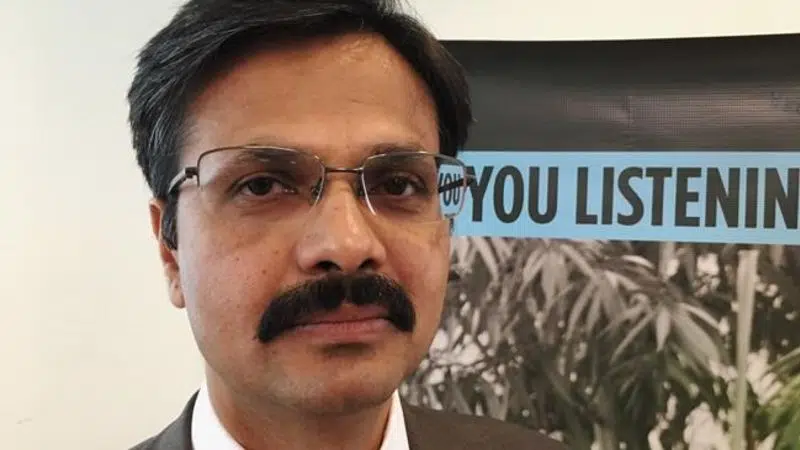
UN watchdog critical of government delays with new corporate ethics ombud
OTTAWA — Canada’s international reputation will be damaged if it doesn’t give real power to its new watchdog on responsible corporate conduct, warns a United Nations rights watchdog.
Surya Deva, the chair of the UN Working Group on Business and Human Rights, is in Ottawa this week and will be seeking answers from the government on why it took 15 months to appoint its new “ombudsperson for responsible enterprise.”
Deva said he was disappointed that International Trade Minister Jim Carr commissioned a further legal review, due in June, to assess what the ombudsperson’s powers should be when Carr finally filled the new job three weeks ago.


